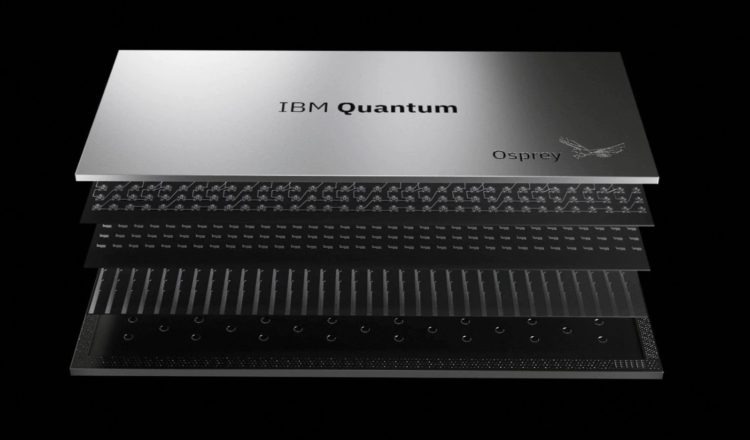IBM announced the release of its most advanced quantum computer to date, the Osprey, which boasts 433 qubits, or three times as many as its previous-generation Eagle machine.
Quantum bits, or qubits, are a measure of the computing capability of a quantum computer that employs quantum mechanics, however different quantum computer manufacturers make varying claims about the computing power of their qubits, which can be produced in a variety of methods.
In the future, quantum computers are anticipated to perform some calculations millions of times quicker than the current fastest supercomputers.
According to Dario Gil, head of research at IBM, the company is still on schedule to introduce a computer with more than 1000 qubits, but it is also developing a new strategy to enable future scaling.
When you take a look at the Osprey chip we’re announcing, he added, “it’s extremely huge now. Next year, 1000 is going to be very big.” So, based on modularity, we have been building and engineering the entire architecture for quantum computing.
IBM’s modular system is referred to as Quantum System Two.
By connecting numerous Quantum System Twos, IBM stated that it aims to have this system operational by the end of the next year. This system will serve as the foundation for “quantum-centric supercomputing.” By connecting three of these devices, according to IBM, a system with up to 16,632 qubits might be created.
Customers can use IBM’s global network of more than 20 quantum computers via the cloud.
Read more on Tech Gist Africa:
Here is everything that Apple recently announced during its yearly fall event
The Netflix ad-supported service will debut in November for $7 per month












